DNVN - Vietnam Airlines is gradually affirming its pioneering position in the regional aviation industry by applying artificial intelligence (AI) technology to management, exploitation and information lookup.
In the digital age, AI is shaping every field, including the aviation industry. As the national airline, Vietnam Airlines is always a pioneer in applying the most advanced technologies to improve business efficiency and ensure maximum aviation safety.
Through cooperation with Microsoft and partner Vu Thao Technology, VNA has applied AI technology to build an internal knowledge-mining virtual assistant software - named VNA AI, based on GPT-4 technology through Azure OpenAI Service, helping employees to look up and ask questions to the virtual assistant about regulations, standards and issues related to the field of aviation safety regulated by IATA, ICAO, VAR... and VNA's safety regulations.
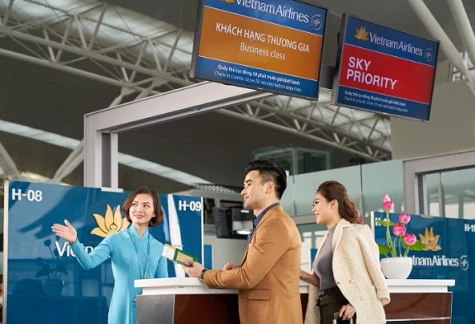
The cooperation with Microsoft to invest in AI chatbot is an important step in affirming Vietnam Airlines' digital transformation capabilities.
Mr. Nguyen Manh Hung, Director of Vietnam Airlines Digital Transformation Center, said: “Developing a safety culture is always a long-term, continuous, and never-ending journey. The role of the virtual assistant VNA AI will solve challenges related to Vietnam Airlines' time and scale, free up human resources, reduce daily work pressure and optimize processes, ensuring safety. Vietnam Airlines aims to reach Level 4 - Advanced level by 2025 according to the Ministry of Information and Communications ' Enterprise Digital Transformation Assessment Index. Therefore, cooperating with Microsoft to invest in AI chatbot is an important step in affirming Vietnam Airlines' digital transformation capabilities, demonstrating its determination, dedication to innovation and reshaping the way businesses interact and serve customers in today's digital world.”
VNA AI is capable of processing information quickly and providing accurate answers with high reliability thanks to the application of AI/LLM technology. The VNA AI virtual assistant grasps the conversation context well, helping the answers to be highly natural and cite links to original data, contributing to improving the experience and satisfaction of VNA employees.
In addition, VNA AI is also capable of automatically updating knowledge, ensuring that Vietnam Airlines staff always grasp the latest information proactively and quickly. This not only helps save time and increase work efficiency, but also ensures accuracy in management and operation as well as significantly reduces the cost of organizing training courses and direct training across the system.
One of the outstanding advantages of VNA AI is its ability to flexibly integrate with other knowledge systems of the airline. Vietnam Airlines is also gradually integrating VNA AI into internal systems such as human resource management and aircraft maintenance, helping to strengthen the connection and optimize operational processes throughout the organization. This helps different departments within the airline to coordinate closely, while ensuring consistency in information management and decision making.
For the human resources department, VNA AI supports answering questions from employees related to the group's labor regulations, human resources policies and benefits. Instead of having to wait for responses from HR specialists, employees can now easily communicate directly and ask questions through VNA AI, saving time and improving transparency in internal communication.
For the aircraft maintenance department, the team of aircraft maintenance engineers can also use VNA AI to proactively look up, update and improve techniques and maintenance and repair processes for aircraft, in order to increase accuracy and safety in work, while minimizing risks in operations and saving maintenance costs for the airline.
In the coming time, Vietnam Airlines will work with Microsoft and Vu Thao Technology to deploy the next phase, including the deep integration of VNA AI into the flight management and operation process with the ability to analyze flight efficiency, business performance, predict market trends and provide strategic reports, contributing to improving the airline's competitiveness in the international aviation market. This is expected to be a revolutionary investment, helping the airline get closer to the goal of comprehensive digitalization of its operations in the future.
Yellow River
Source: https://doanhnghiepvn.vn/chuyen-doi-so/hieu-qua-tu-ung-dung-tro-ly-ao-ai-cua-vietnam-airlines/20241223032441562




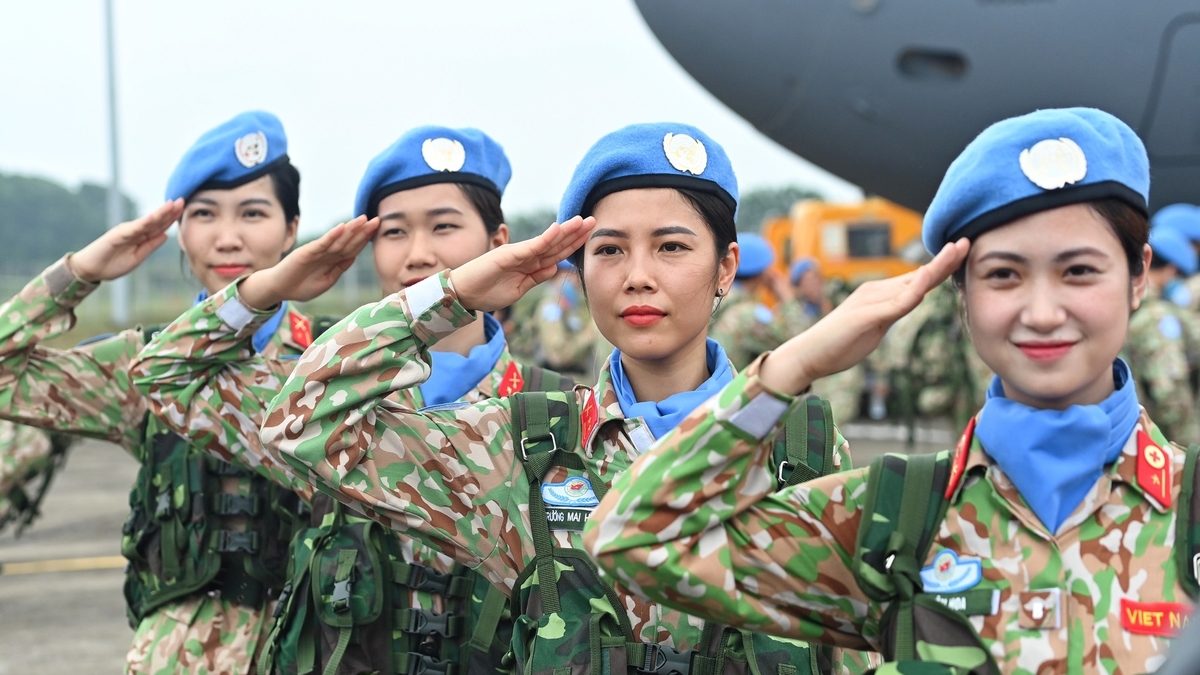



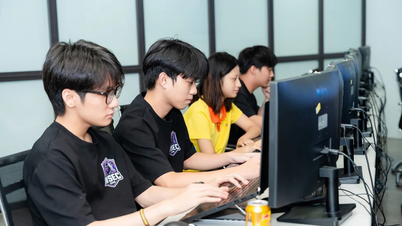














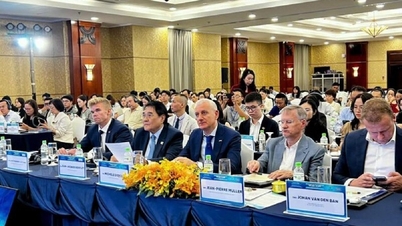



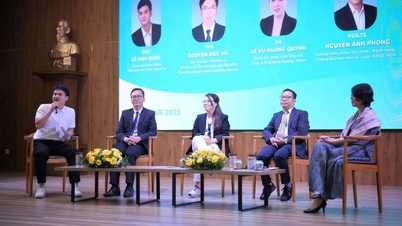


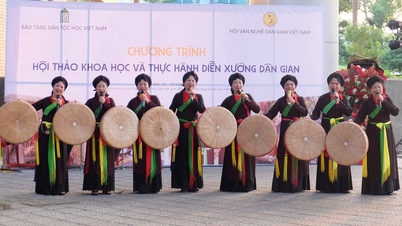













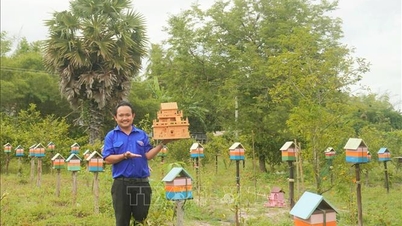







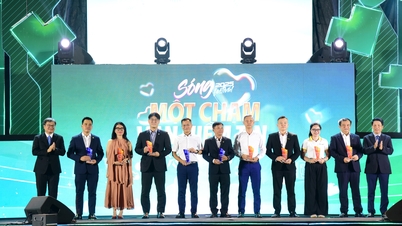











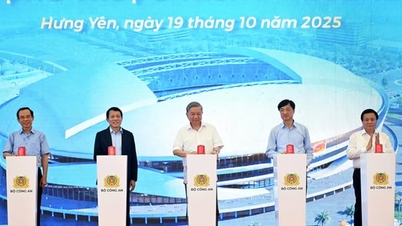


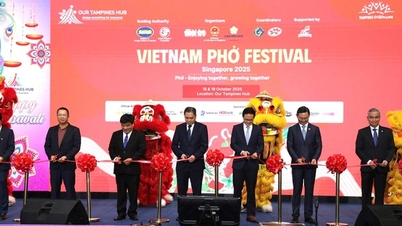
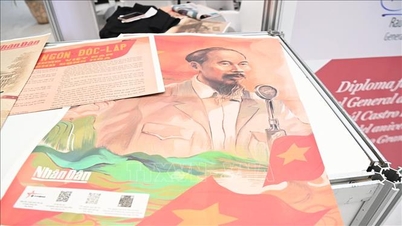
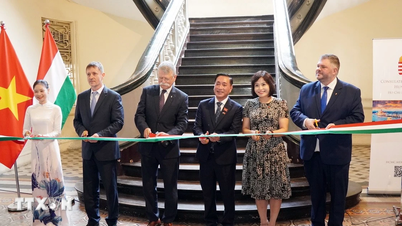
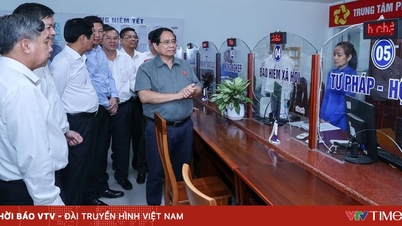


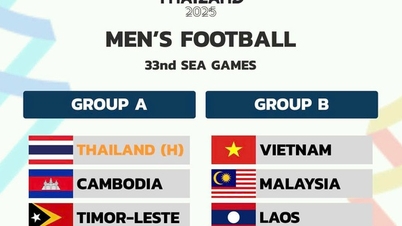

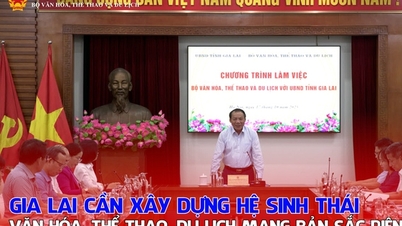
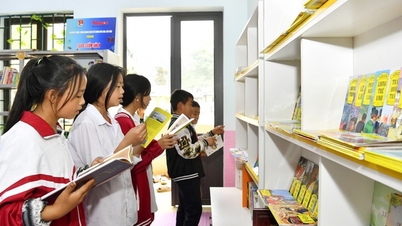

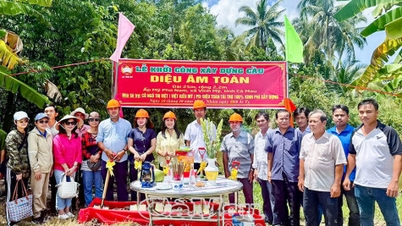






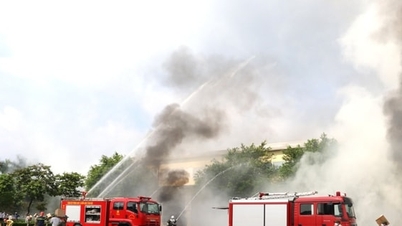
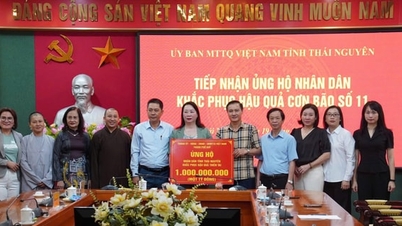














Comment (0)